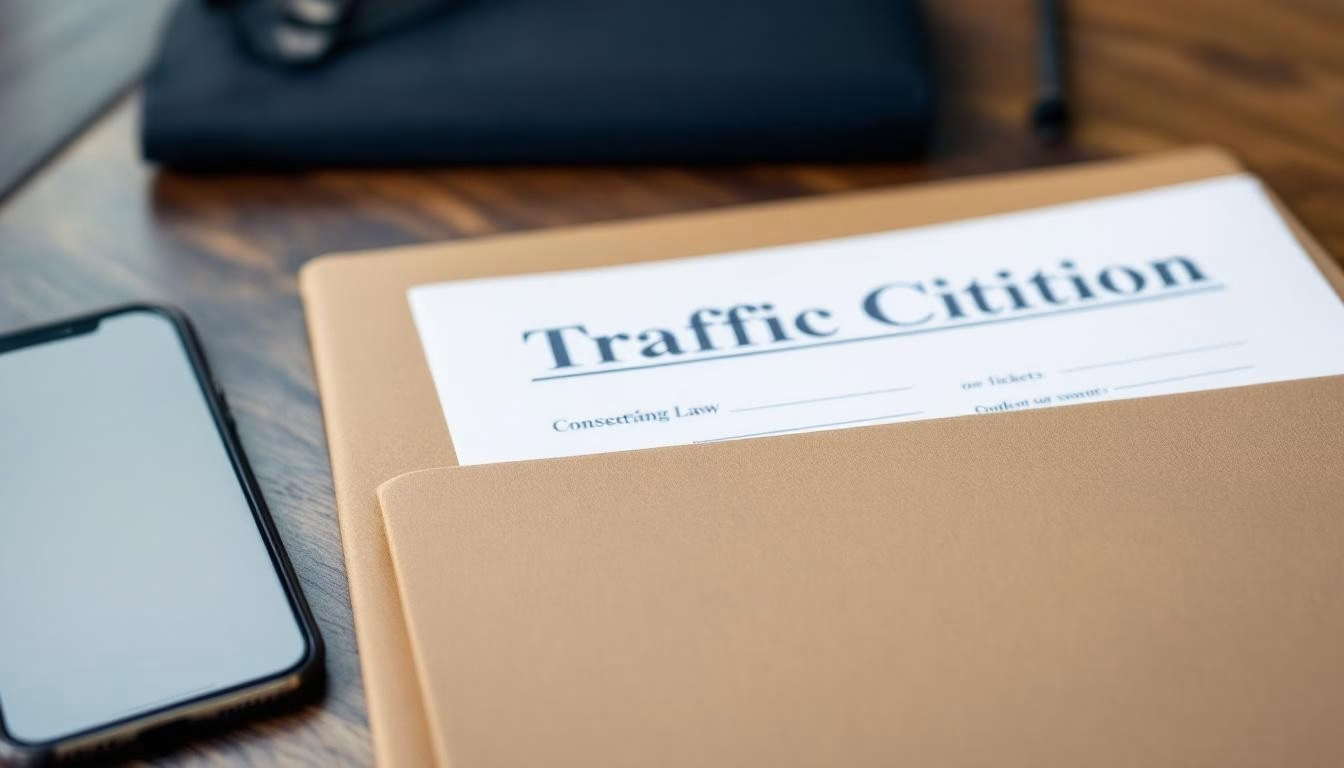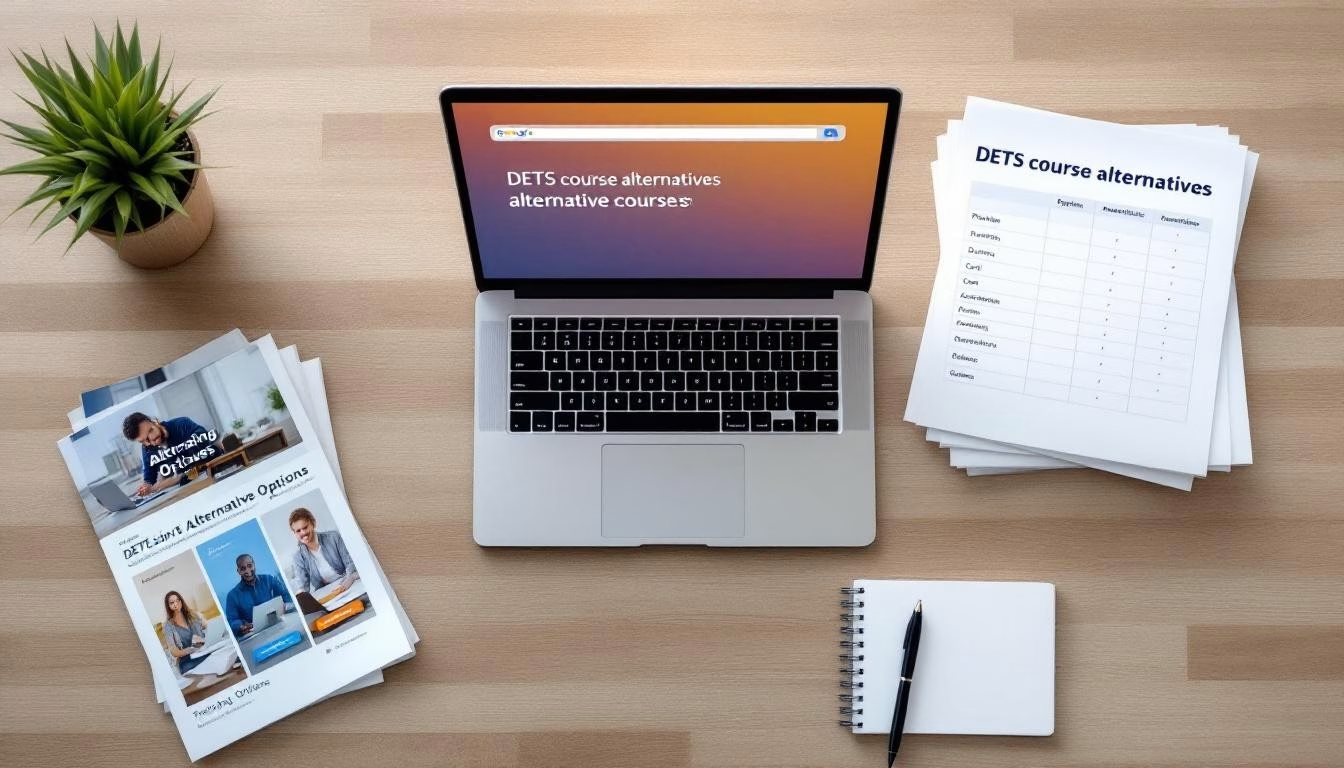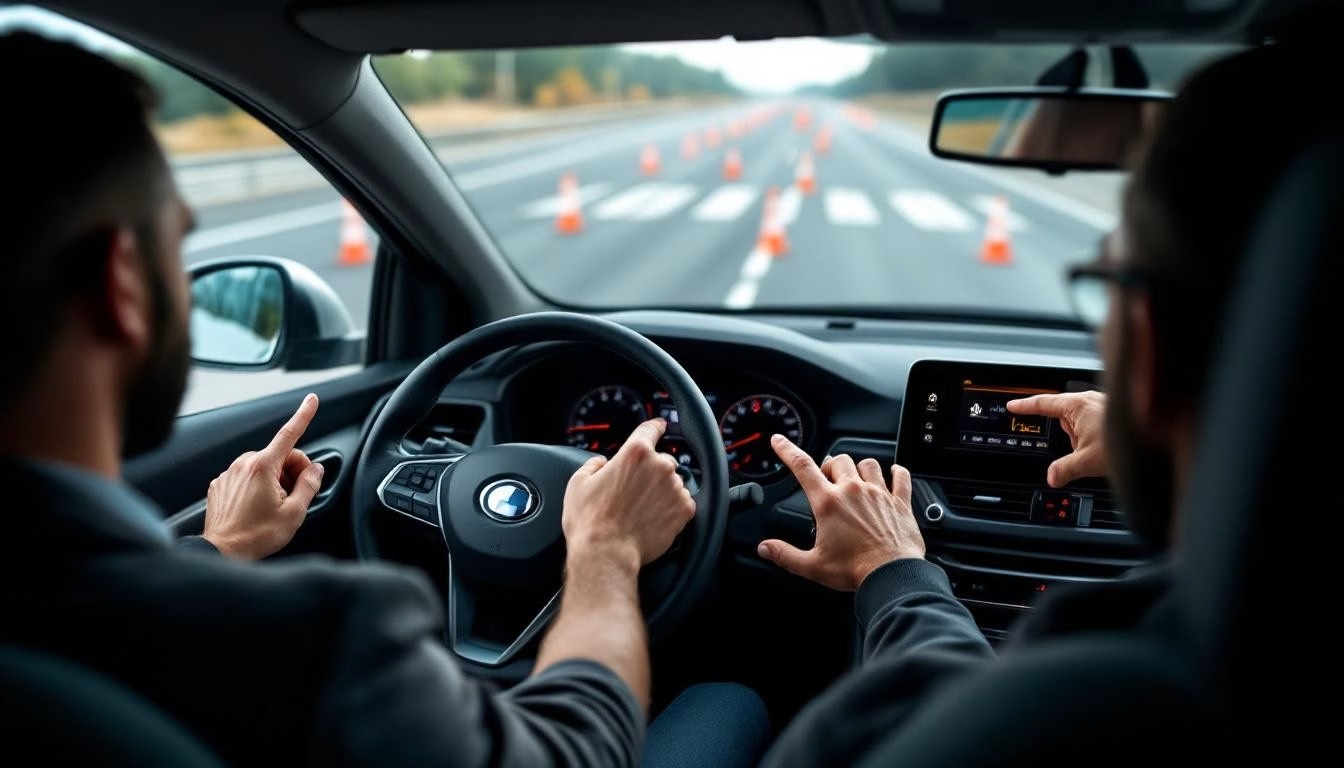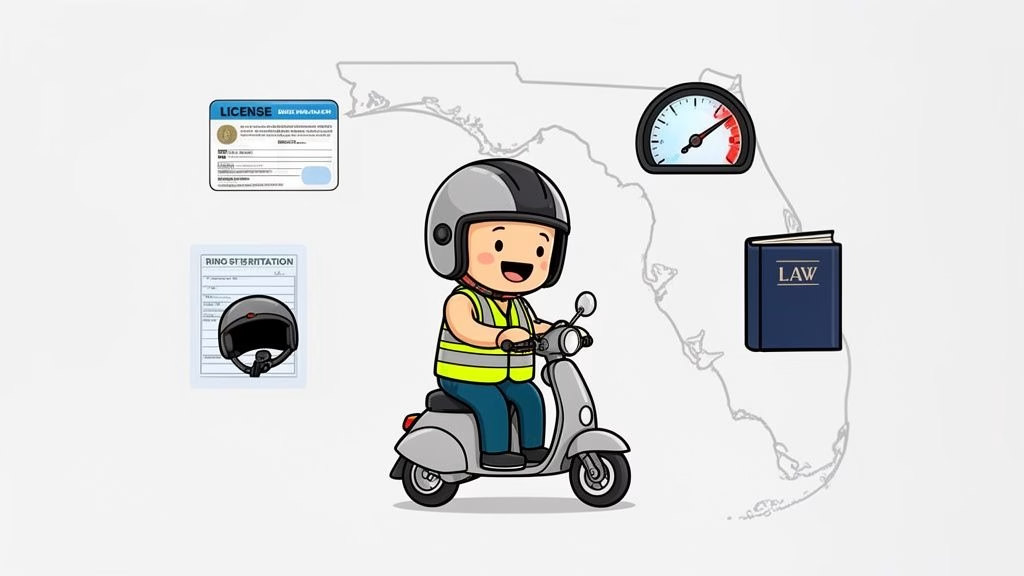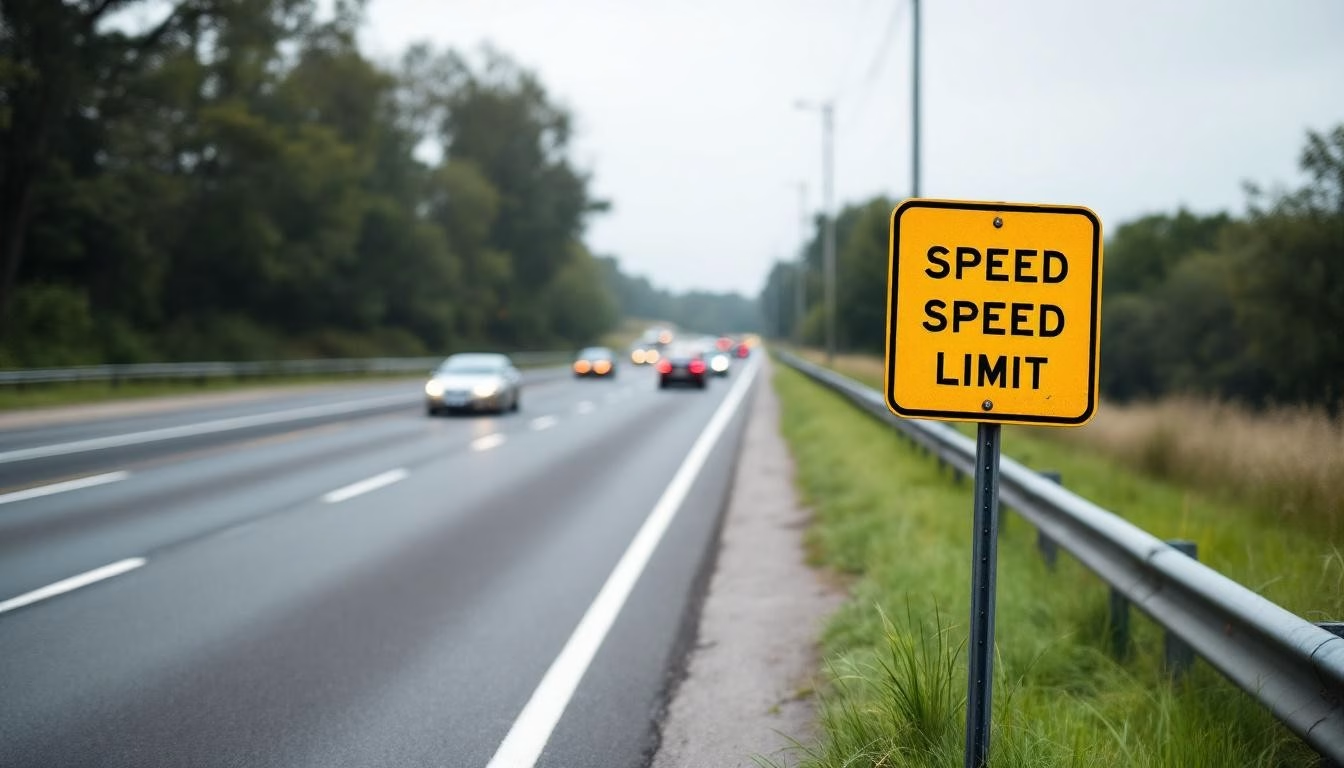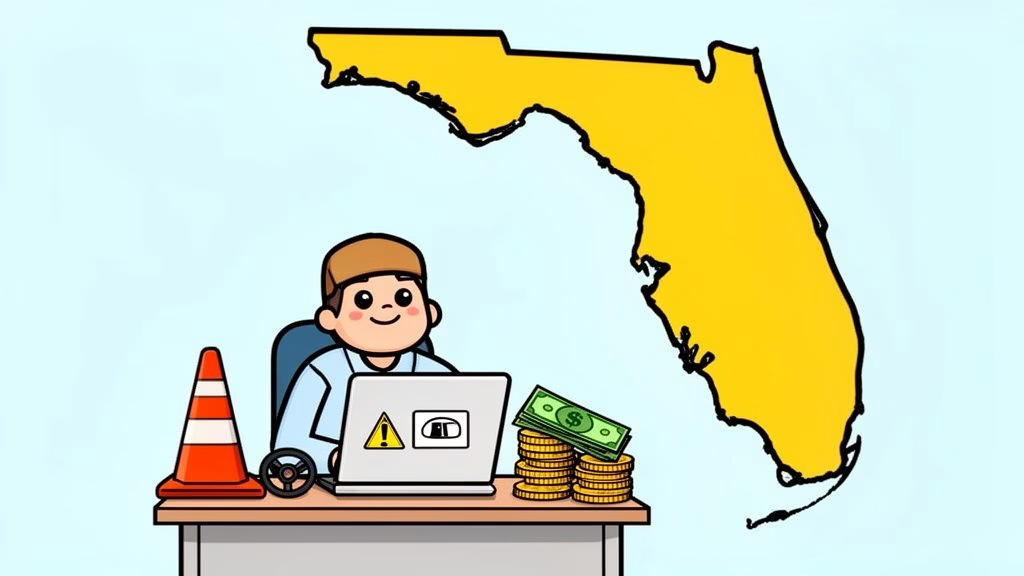Getting a traffic ticket doesn’t mean you have to accept it without question. Many drivers pay fines immediately, missing the opportunity to challenge citations that may be incorrect or unfairly issued.
We at floridadetscourse.com believe contesting a traffic citation is your legal right when you have valid grounds for dispute. This guide walks you through the entire process, from understanding your options to presenting your case in court.
What Does Your Traffic Citation Actually Mean
Traffic citations fall into two distinct categories that determine your legal rights and potential consequences. Traffic violations like speeding, running red lights, or illegal parking carry fines from $50 to $500 but cannot result in jail time. Traffic crimes including DUI, reckless driving, or hit-and-run offenses can lead to fines up to $6,250 and potential imprisonment, making them significantly more serious charges that require different defense strategies.
Understanding Violation Classifications and Penalties
Most drivers receive citations for traffic violations rather than crimes. Speeding tickets typically add 2 points for traveling 10 mph over the limit, while exceeding the speed limit by 26 mph or more results in 4 points on your driving record (according to North Carolina Department of Motor Vehicles data). These points directly impact insurance rates, with violations potentially increasing premiums by up to 80% over three years. Six points trigger a warning letter, nine points require defensive driving courses, and 11 points in 18 months may result in license suspension.
Your Legal Rights During Citation Process
When you receive a violation citation, you have the right to a judge trial but not a jury trial, and no court-appointed attorney will be provided. Traffic crimes grant you full constitutional protections including jury trials and legal representation. Police officers must appear in court to testify against you, and their absence can result in case dismissal. You maintain the right to examine evidence, question witnesses, and present your own defense regardless of citation type.
Critical Deadlines You Cannot Miss
Most states provide 15 to 30 days from the citation date to contest the ticket, though this varies by jurisdiction. Missing this deadline typically means automatic guilt admission and fine payment. Some states allow written declarations instead of court appearances (but you must file within the specified timeframe).
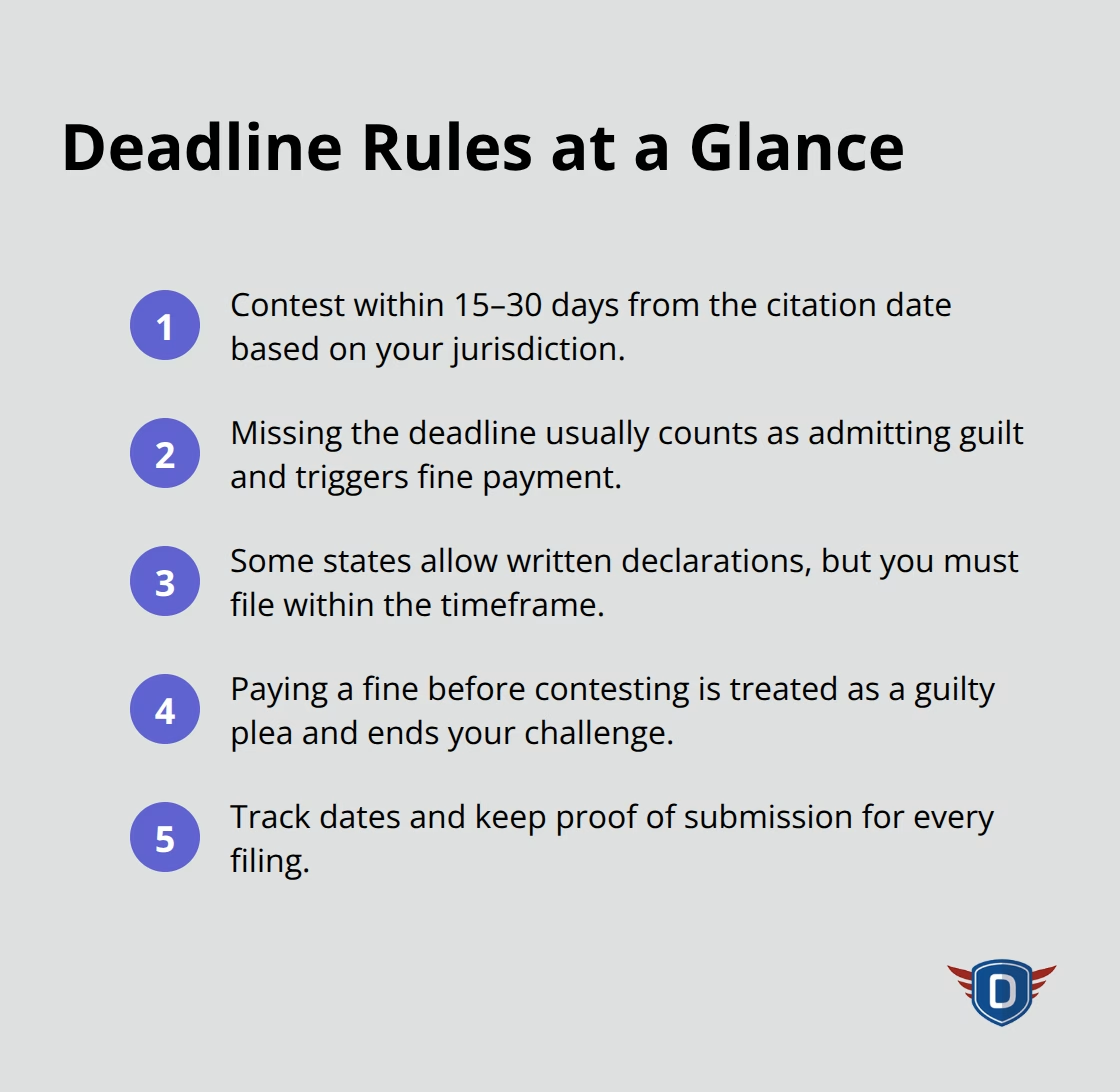
With these fundamentals clear, you can now focus on building a strong defense case that addresses the specific details of your citation.
How Do You Build a Winning Defense Case
Strong evidence collection must begin within 24 hours of your citation. Take photographs of the violation location from multiple angles, capture road signs, traffic signals, weather conditions, and any obstructions that affected visibility. Document the exact time, weather conditions, and traffic patterns when you return to the scene. GPS coordinates and timestamp metadata from your phone camera provide additional verification.
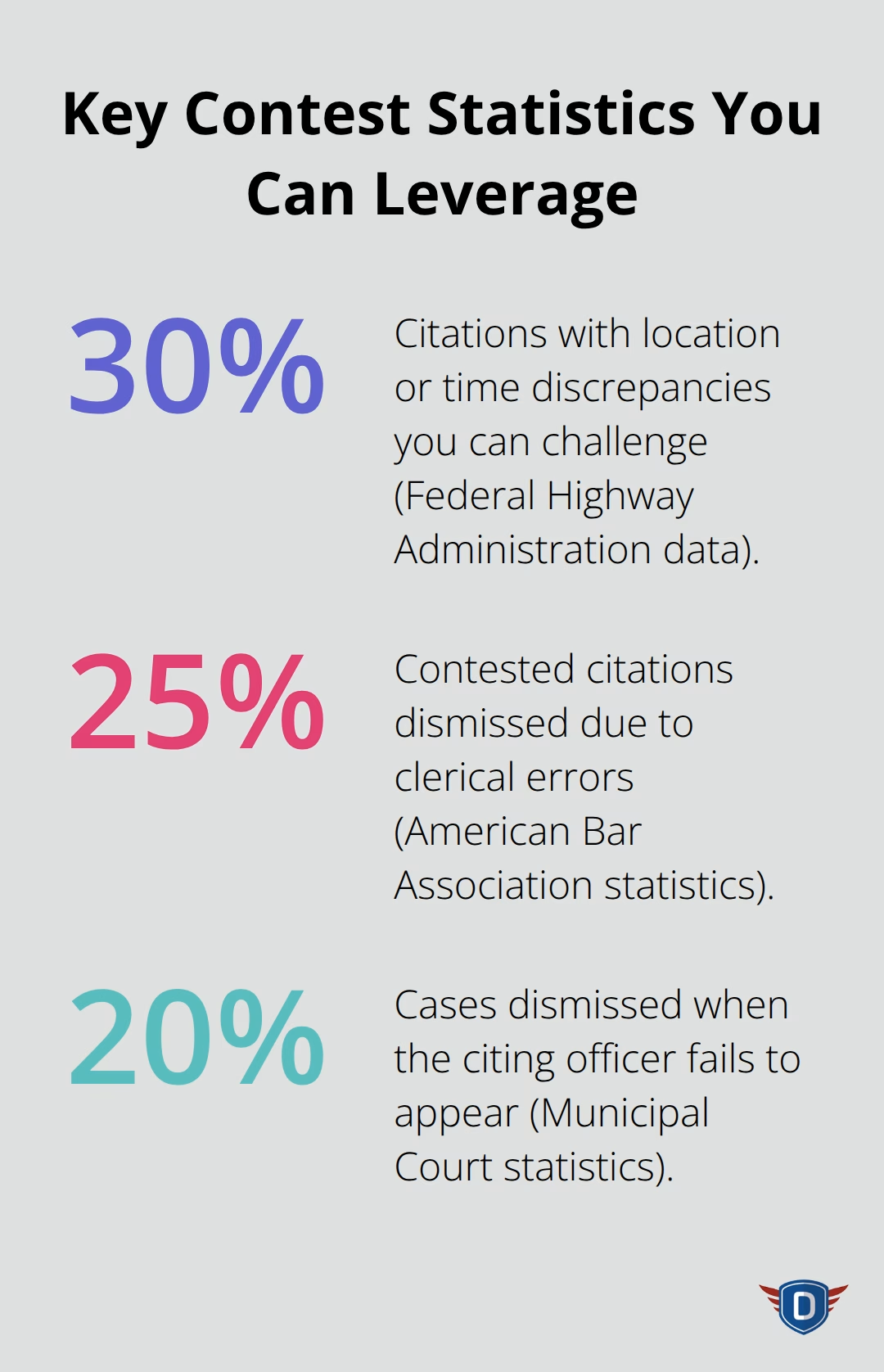
Document Every Detail That Matters
Request calibration records for speed detection equipment through a Freedom of Information Act request. Radar and LIDAR devices require regular maintenance, and many jurisdictions report equipment calibration lapses in 15-20% of cases. Obtain your complete record, insurance documentation, and vehicle registration to demonstrate compliance history. Save all original citation paperwork and create digital copies immediately. Check citation details against your license for name accuracy, address correctness, license number validity, and vehicle information. Courts dismiss an estimated 25% of contested citations due to clerical errors (according to American Bar Association traffic law statistics).
Secure Witness Testimony and Professional Analysis
Contact passengers, nearby pedestrians, or other drivers who observed the incident within 48 hours while memories remain fresh. Written statements must include specific details about what witnesses observed, their location, and contact information for potential court testimony. Professional witnesses like traffic engineers or accident reconstruction specialists cost $200-500 per hour but provide expert analysis of road conditions, speed limits, and traffic patterns. Dashboard camera footage, security camera records from nearby businesses, and cell phone videos serve as powerful evidence. Traffic courts benefit from video documentation, which provides clear evidence compared to testimony alone.
With your evidence organized and witnesses identified, you must now navigate the formal court process to present your case effectively. Remember, a strong defense is built on facts, not feelings, and your goal is to create reasonable doubt through methodical preparation.
How Do You Navigate Court Procedures
You must file your contest by submitting a not guilty plea within the specified deadline, typically 15-30 days from citation date. Most traffic courts accept online submissions through their official websites, though some jurisdictions require in-person visits or certified mail delivery. Court fees range from $25 to $150 depending on your location (with some states waiving fees for low-income defendants). Traffic court data shows that contested citations can result in various outcomes when defendants appear prepared with proper documentation.
Submit Required Paperwork Before Deadlines
You must complete form TR-205 or equivalent contest forms available at your local courthouse or online portal. Include copies of your evidence with the initial paperwork but retain originals for court presentation. Request discovery materials including officer records, equipment maintenance logs, and citation procedures through formal discovery motions filed within 10 days of your plea. Many courts require pre-trial conferences 2-3 weeks before your hearing date, where prosecutors may offer plea bargains that reduce charges or fines by 25-50%.
Master Your Court Presentation Strategy
You should arrive 30 minutes early to navigate courthouse security and locate your courtroom. Traffic courts typically handle 50-100 cases daily, with each case allocated 5-10 minutes maximum. Present evidence chronologically starting with citation errors, followed by procedural violations, then circumstantial evidence. Address the judge directly, maintain professional demeanor, and avoid arguments with the prosecuting officer.
Maximize Your Success Rate
Studies show that defendants who speak clearly and organize evidence systematically achieve more favorable outcomes than unprepared defendants. Request immediate dismissal if the citing officer fails to appear, which occurs in approximately 20% of traffic court cases according to Municipal Court statistics. You can negotiate reduced penalties even after requesting a trial, making the contest process a strategic step regardless of your ultimate plea decision. If the court requires traffic school for ticket dismissal as part of a plea agreement, completing an approved online traffic school course can help resolve your case efficiently.
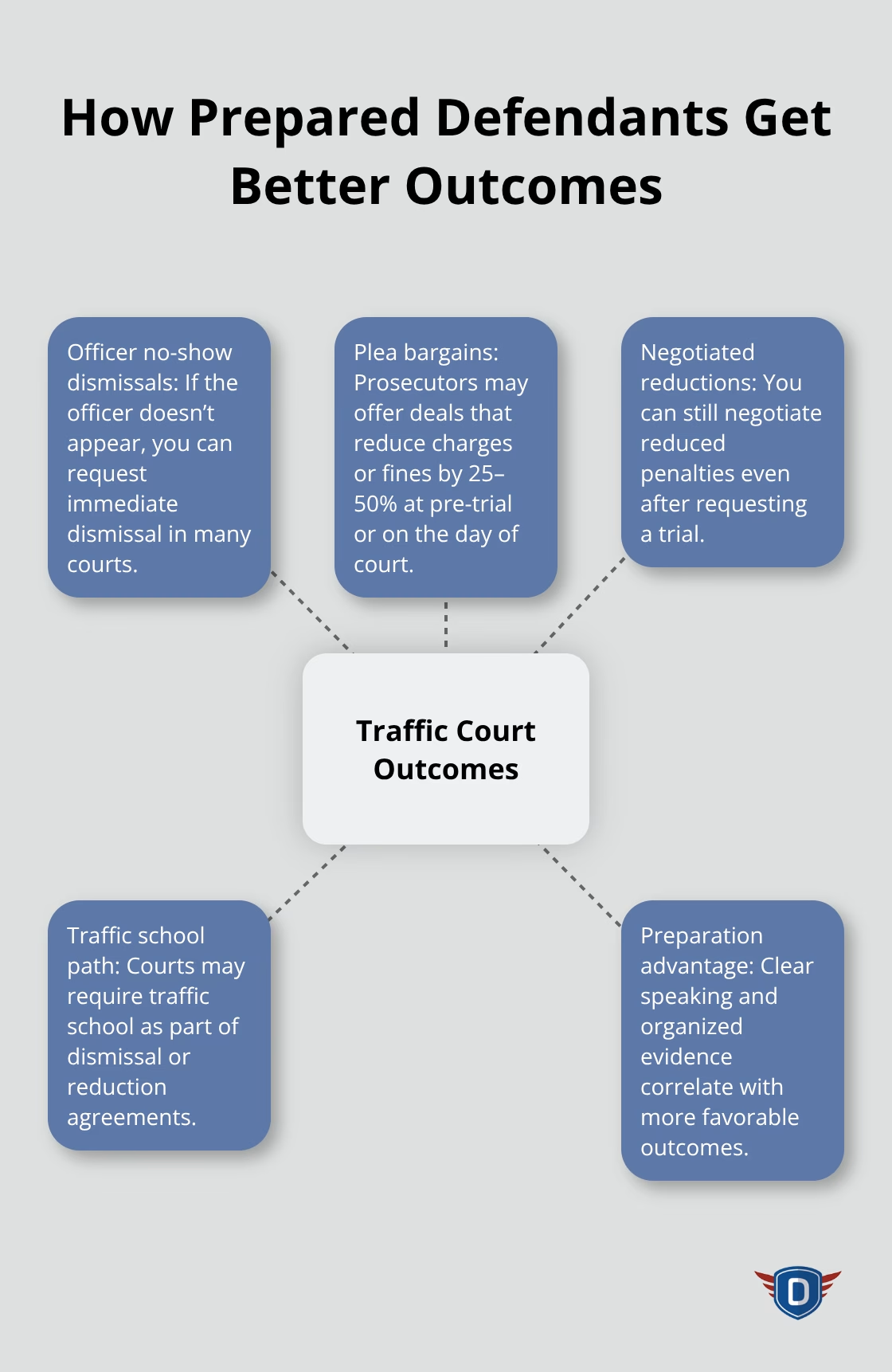
Final Thoughts
Contesting a traffic citation demands methodical preparation and strategic timing. You must photograph the violation scene within 24 hours, request equipment calibration records, and file your contest within the specified deadline. Document every citation detail for potential errors, gather witness statements, and organize evidence chronologically for court presentation.
Legal representation becomes worthwhile when you face traffic crimes with potential jail time, multiple violations that could trigger license suspension, or when commercial drivers need to protect their livelihood. Traffic attorneys cost $300-1,500 but often negotiate reduced charges or dismissals that save thousands in insurance increases (which can reach $2,000-5,000 over three years). Even unsuccessful contests sometimes result in reduced fines or alternative penalties like traffic school.
Municipal court statistics show that 40-60% of contested citations receive some form of favorable outcome when defendants appear prepared. We at floridadetscourse.com teach students not just basic skills but also how to navigate legal situations responsibly. Taking action against incorrect citations demonstrates the same attention to detail and responsibility that characterizes excellent drivers.

